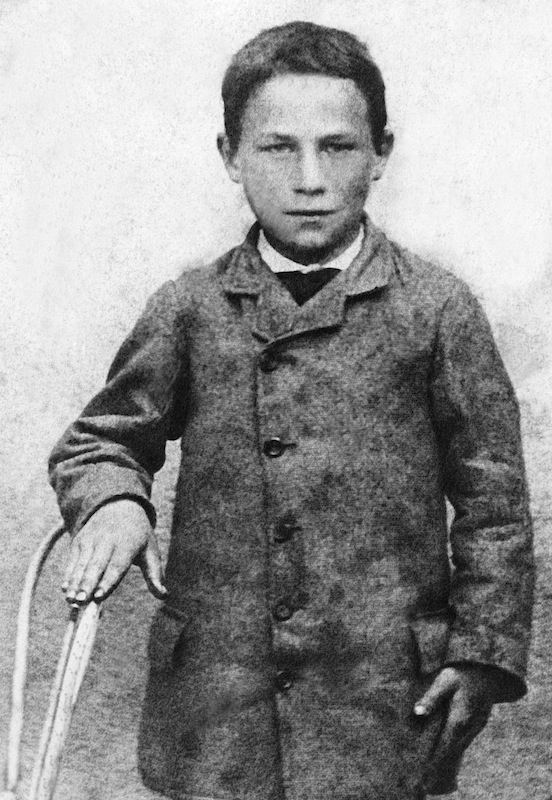
Rabies is among the most terrifying viruses to get. According to the Centers for Disease Control, “once clinical signs of rabies appear, the disease is nearly always fatal.” (Really: there have been fewer than 10 documented cases of survival once symptoms appear.) Luckily for us—and our pets—Louis Pasteur developed a vaccine that can stop things from getting to that point.
The first time the vaccine was ever administered to a human being–on this day in 1885–was by Pasteur himself. Knowing that the disease was otherwise fatal, both doctor and patient (or, rather, patient’s mother) were willing to risk whatever harm might come from the injection, which had only been tested on dogs.
As TIME recounted in 1939:
One hot July morning in 1885, feverish little Joseph Meister was dragged by his frantic mother through the streets of Paris in search of an unknown scientist who, according to rumors, could prevent rabies. For nine-year-old Joseph had been bitten in 14 places by a huge, mad dog and in a desperate attempt to cheat death, his mother had fled from their home town in Alsace to Paris. Early in the afternoon Mme Meister met a young physician in a hospital. “You mean Pasteur,” he said. “I’ll take you there.”
Bacteriologist Louis Pasteur, who kept kennels of mad dogs in a crowded little laboratory and was hounded by medical criticism, had never tried his rabies vaccine on a human being before. But moved by the tears of Mme Meister, he finally took the boy to the Hotel-Dieu, had him injected with material from the spinal cord of a rabbit that had died from rabies. For three weeks Pasteur watched anxiously at the boy’s bedside. To his overwhelming joy, the boy recovered.
By that fall, when his nation’s Academy of Sciences acknowledged the success, “hundreds of persons who had been bitten by mad dogs rushed to his laboratory.”
As for Meister? He ended up working as a janitor at the Pasteur Institute. There, TIME reported, Meister regaled visitors with tales of his time as the pioneering doctor’s patient: “I shall see always Pasteur’s good face focused on me,” he told them. He committed suicide in 1940, shortly after Germany invaded France—though, contrary to a prevalent myth, there is no evidence that he did so because he would rather die than allow the Nazis into the Institute.
More Must-Reads From TIME
- The 100 Most Influential People of 2024
- The Revolution of Yulia Navalnaya
- 6 Compliments That Land Every Time
- Stop Looking for Your Forever Home
- If You're Dating Right Now , You're Brave: Column
- The AI That Could Heal a Divided Internet
- Fallout Is a Brilliant Model for the Future of Video Game Adaptations
- Want Weekly Recs on What to Watch, Read, and More? Sign Up for Worth Your Time
Write to Lily Rothman at lily.rothman@time.com